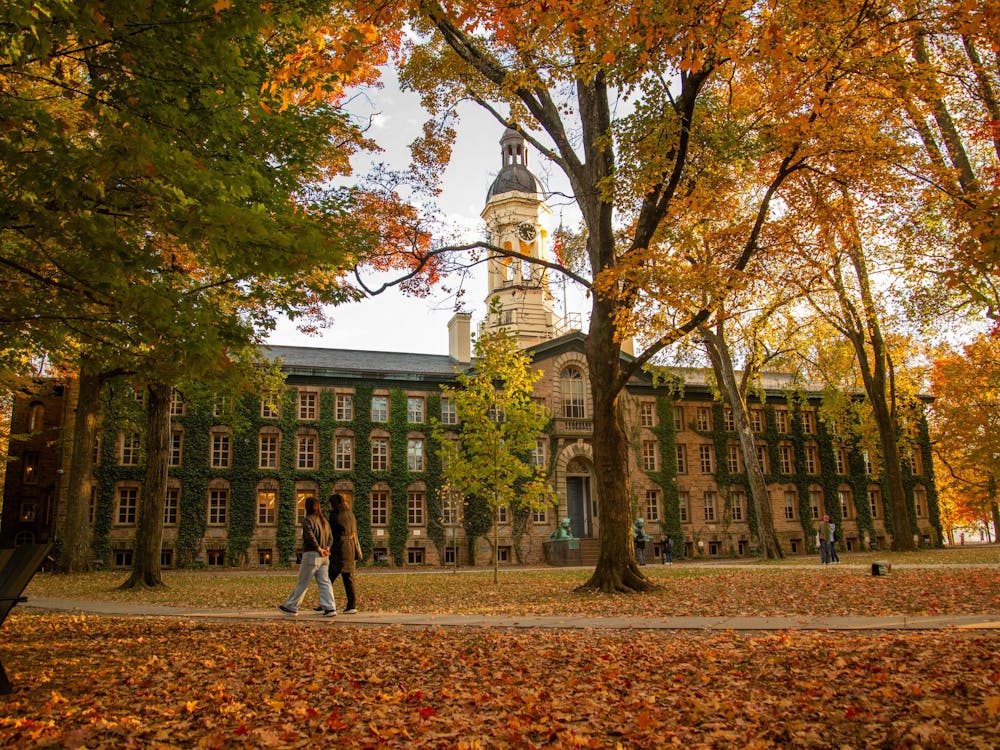If there is one thing that is "quintessentially Princeton," it is the beautiful cluster of mansions that line Prospect Avenue. But beyond the beer and the breathtaking backyards lies the indisputable fact that the eating clubs divide the student body along socioeconomic lines. Many students do not really get to choose which club they want to bicker or sign-into — or even if they can join a club at all — simply because they cannot afford club dues. Students who are forced into this position often feel isolated from their friends and the larger social scene at Princeton. As a result, many of the clubs suffer from a lack of economic diversity, while the clubs and University both get labeled as elitist.
The University has chosen to deal with this problem by introducing social alternatives to the clubs, including the three four-year residential colleges.
But given the fact that about 75 percent of upperclassmen identify with one of the Prospect mansions, it is unlikely that the eating clubs are going anywhere soon. Plans for four-year colleges are likely to intensify the division of students between "haves" and "have nots." The "haves" will continue to join eating clubs, while the "have nots" will join the residential colleges. This kind of two-tiered social life should be avoided at all costs.
We believe that it is essential for the University, the ICC and the clubs to work together to provide a comprehensive financial aid program for eating club members. We also support USG president Alex Lenahan '07 and other USG members who are currently working to pass a resolution in support of such a plan.
While there are numerous arrangements that could be used to provide effective financial aid, one possibility is for the University to provide students with a financial aid package that covers the fee of the cheapest eating club. The other clubs, by working with their alumni, could then provide funds to cover the remaining costs. Under this plan, clubs would have an incentive to keep fees down, preventing the University from being shouldered with escalating fees.
Another possibility is for the University simply to make individual arrangements with each club, providing different amounts of financial aid to upperclassmen depending on the amount of funding each club is able to provide. Financially-able eating clubs could pay for a larger share of club fees for students on financial aid, while eating clubs in a more tenuous financial situation could be asked to pay only a small portion of member fees until they are able to raise funds themselves.
It is essential that whatever arrangement the University and the eating clubs make, the University attach no stipulations on the clubs themselves — whether about Bicker or the manner of social events. Financial aid should be about supporting students, not about regulating the eating clubs.
Regardless of the final arrangement that is to be eventually adopted, eating clubs, like Princeton itself, must be made available to all interested students regardless of income.







